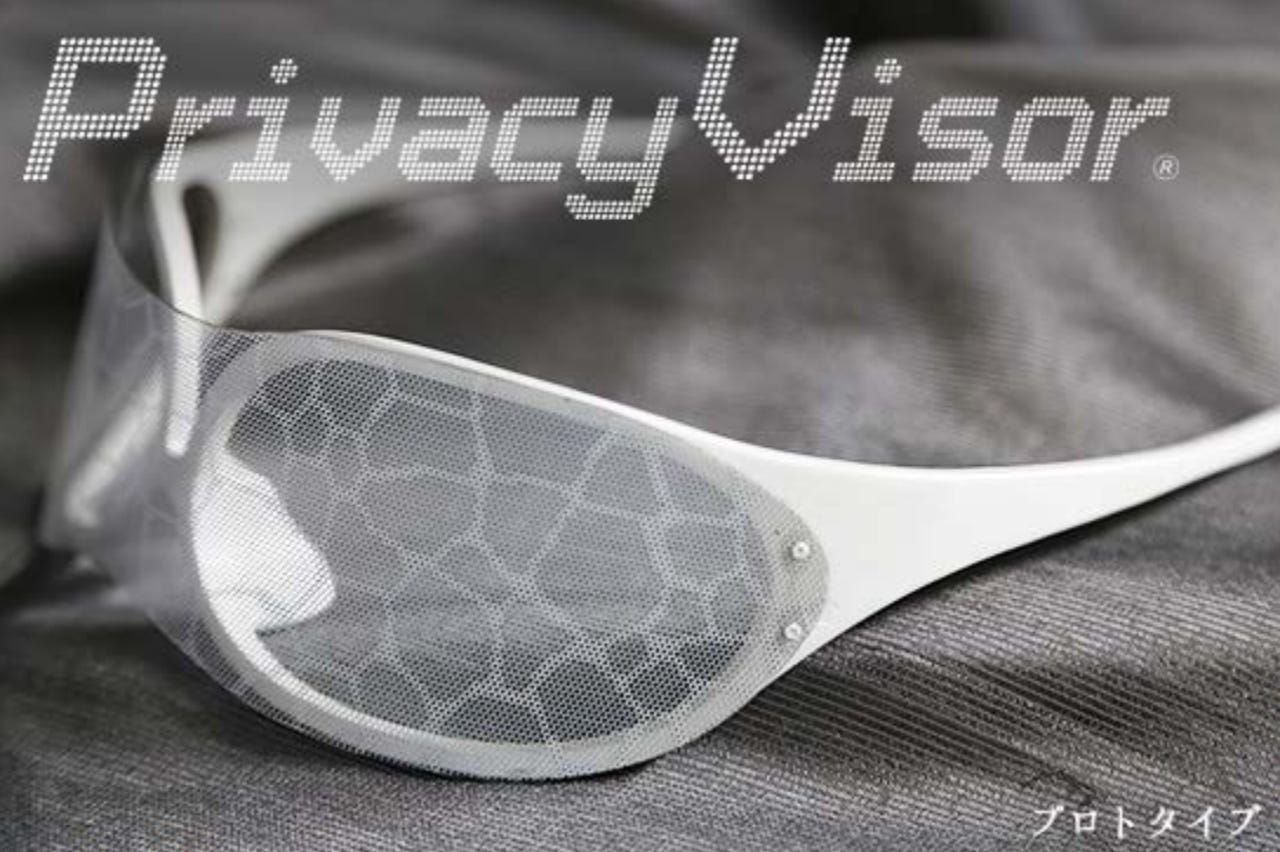Privacy visor which blocks facial recognition software set for public release


Surveillance is a standard element of daily life in the West. In the UK alone, there is at least one surveillance camera for every 11 citizens, and we encounter them on our streets, in our stores and online through tracking cookies, government programs and GPS-linked applications.
While there is not much an individual can do about being tracked in such a fashion, there are solutions which make spying and surveillance a little more difficult. The use of the Tor network online can muddle your digital footprints, virtual private networks (VPNs) can hide your geographical location, and now Japanese researchers say wearable technology can also be used by the privacy-conscious to prevent facial recognition technology from recording your physical presence.
Featured
See also: Bionic mannequins spy on you as you shop
Japan's National Institute of Informatics (NII) revealed its first prototype of the "privacy visor" in 2013. The glasses used a light source bordering on infrared through 11 LEDs placed around the eyes and nose. The light cannot be seen by humans, but when passes through a camera lens, appears bright -- skewering facial recognition technology.
"Photos taken without people's knowledge can violate privacy," the team says. "For example, photos may be posted online together with metadata including the time and location. But by wearing this device, you can stop your privacy being infringed in these ways."
The revamped version, however, sports a titanium frame and no longer utilizes clunky LED lights -- instead opting for light-reflective material and a mask which uses angles and patterns to disrupt facial recognition technology through both absorbing and bouncing back light sources.
The visor has been designed for use in crowded areas where photos may be taken without your knowledge. The upgraded model is certainly a world away from the prototype released several years ago in both design and functionality -- and this may be enough to entice consumers to give them a go.
The privacy visor is now set to go commercial (.PDF). According to Motherboard, the visor will go on sale in 2016 across Japan for approximately ¥30,000 ($240).
20 must-have back to school, college gadgets and gifts
Read on: Top picks
- How to access Wi-Fi anonymously from miles away
- Apple OS X zero-day flaw hands over root access without system passwords
- Getting physical: A $10 device to clone RFID access keys on the go
- Amazon dreams of drones-only airspace
- Strike the source: RIAA targets BitTorrent protocol to block pirate content
- Three top tips to keep connected cars safe from hackers
In pictures: